SUMMARY
This is AI generated summarization, which may have errors. For context, always refer to the full article.
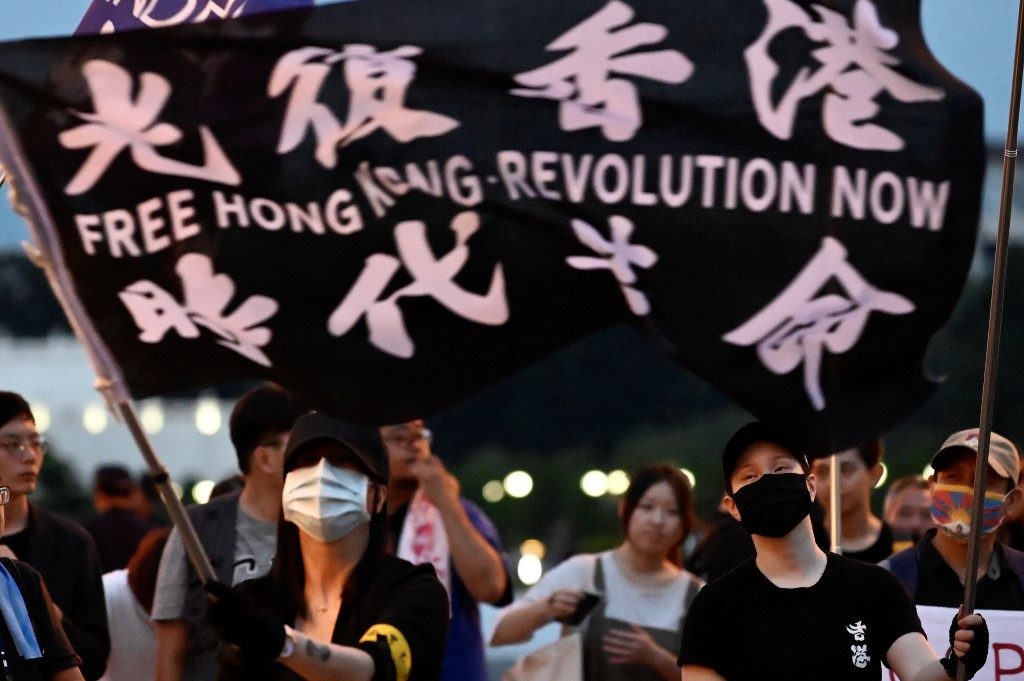
The following was originally published in The Conversation.
Hong Kong is rapidly developing as a widening fault-line between China and the international community after Beijing’s moves to tighten its grip on the former British territory. Reacting to the banning of 4 pan-democracy MPs from Hong Kong’s legislative assembly (LegCo) on November 12 and the resignation of 15 other opposition legislators, foreign ministers of the Five Eyes nations – the UK, US, Australia, Canada, and New Zealand – delivered a stern warning calling China’s action “a clear breach of its international obligations under the legally binding, UN-registered Sino-British Joint Declaration.”
A statement from China’s foreign ministry in response bordered on the truculent: “Regardless of whether they have 5 eyes or 10, if they dare to harm China’s national interest, then they should be wary of those eyes being poked blind,” a ministry spokesperson said.
The legislators were banned under a new national security law, passed in June, which disqualifies legislators who support Hong Kong’s independence, refuse to acknowledge China’s sovereignty, ask foreign forces to interfere in the city’s affairs, or in other ways threaten national security.
China’s actions have prompted a proliferation of eulogies for Hong Kong. In the words of Benedict Rogers, chief executive of the London-based NGO Hong Kong Watch, the LegCo has “moved one step closer to becoming a local branch of the Chinese Communist Party (CCP).”
British reforms too little, too late
The 1984 Sino-British Joint Declaration was supposed to guarantee Hong Kong’s liberal democratic way of life until 2047. Recent developments have shown that the CCP no longer feels bound by the “one country, two systems.” The demise of this formula raises the question whether this descent into authoritarianism could have been prevented. Would the situation today be different if the UK had done more to institutionalize democracy prior to the 1997 handover?
In 2017, Hong Kong’s last governor, Chris Patten, offered a self-critical evaluation. In an interview with The Guardian he suggested that “we could have done more.” This post-facto rationalization however overlooks the constraints Patten was operating under. He was unable to serve Hong Kongers the complete menu of democratic reforms. Prior to 1997 the CCP leadership made credible threats that they would roll back political reforms which they did not deem to be in their interest.
Patten was unable to ensure that liberal democracy would remain the only game in town. A highly circumscribed democratization provided Hong Kong democracy activists only with limited means to slow down the city’s subsequent slide into authoritarianism. After 1997 the CCP engaged in a slow-motion process of dismantling “one country two systems.” According to policy analyst Didi Tatlow “(this) process of infiltrating, shadowing, then replacing – in essence, repurposing – can be likened to a long, silent coup, with the state security law the final flourish.”
CCP’s silent coup
Hong Kongers did not sit idle. They have resisted the CCP’s creeping authoritarianism time and again. A mass demonstration in 2003 prevented the enactment of Article 23 of the Basic Law, the territory’s de-facto mini Constitution. Mostly young Hong Kongers also defeated the imposition of a new Moral and National Education Policy in 2012.
But the Umbrella Movement in 2014 failed to achieve similar concessions about universal suffrage. The popular uprising against the Extradition Bill which began in 2019 revealed remarkable resilience. But street protests on their own were insufficient to head off Hong Kong’s steady absorption into mainland China’s autocratic political system.
Unintended consequence of ‘gifting’ democracy
Unforced errors by Hong Kong’s democracy movement contributed to this most unfortunate outcome. Under Martin Lee’s leadership (1994–2002), Hong Kong’s Democratic Party (DP) failed to augment its parliamentary line with grassroots activism. Instead of becoming a broad church opposing the Hong Kong government, disgruntled young activists turned their back on the DP.
The proliferation of ever-increasing numbers of single-issue parties led to an NGO-ization of Hong Kong’s political scene. And, following the 2016 LegCo election, young localist lawmakers were disqualified for deliberately misreading their oaths pledging allegiance to the People’s Republic of China (PRC). This publicity stunt dubbed “Oathgate” cost the pan-democrats their blocking majority in the assembly. Subsequently the CCP was in a position to steamroll the opposition through its proxy, the largely compliant Hong Kong government.
The lack of maturity among Hong Kong’s pan-democrats can also be attributed to the way electoral democracy was introduced. The Brazilian educator Paulo Freire has raised doubts about the wisdom of political elites gifting democracy in a top-down fashion. In his book Pedagogy of the Oppressed Freire pointed out that “(if) (leaders) are truly committed to liberation, their action and reflection cannot proceed without the action and reflection of others.”
While Patten, as governor, was highly responsive to public demands for reform, Hong Kong’s democracy camp may have learned the wrong lesson: that it is enough to simply protest to get their way rather than developing highly inclusive member-based political parties.
Largely symbolic opposition politics worked well during the final years of British rule, but the Chinese party-state has proved to be a much harder nut to crack. Recent attempts to recruit members for Hong Kong’s unions suggest that political activists have started to remedy this shortcoming. Hong Kong’s struggle for democracy may have just begun. – TheConversation/Rappler.com
Andreas Fulda is Associate Professor, School of Politics and International Relations, Faculty of Social Sciences, University of Nottingham.
Add a comment
How does this make you feel?
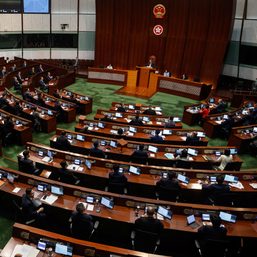
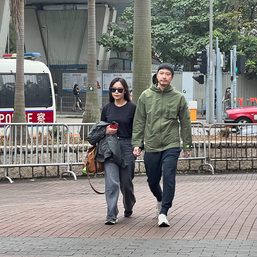

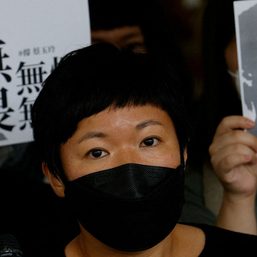
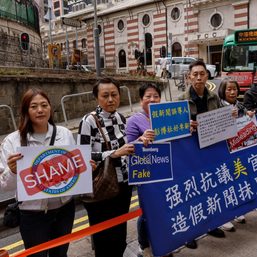
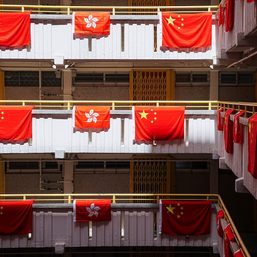
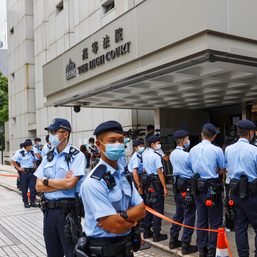

There are no comments yet. Add your comment to start the conversation.